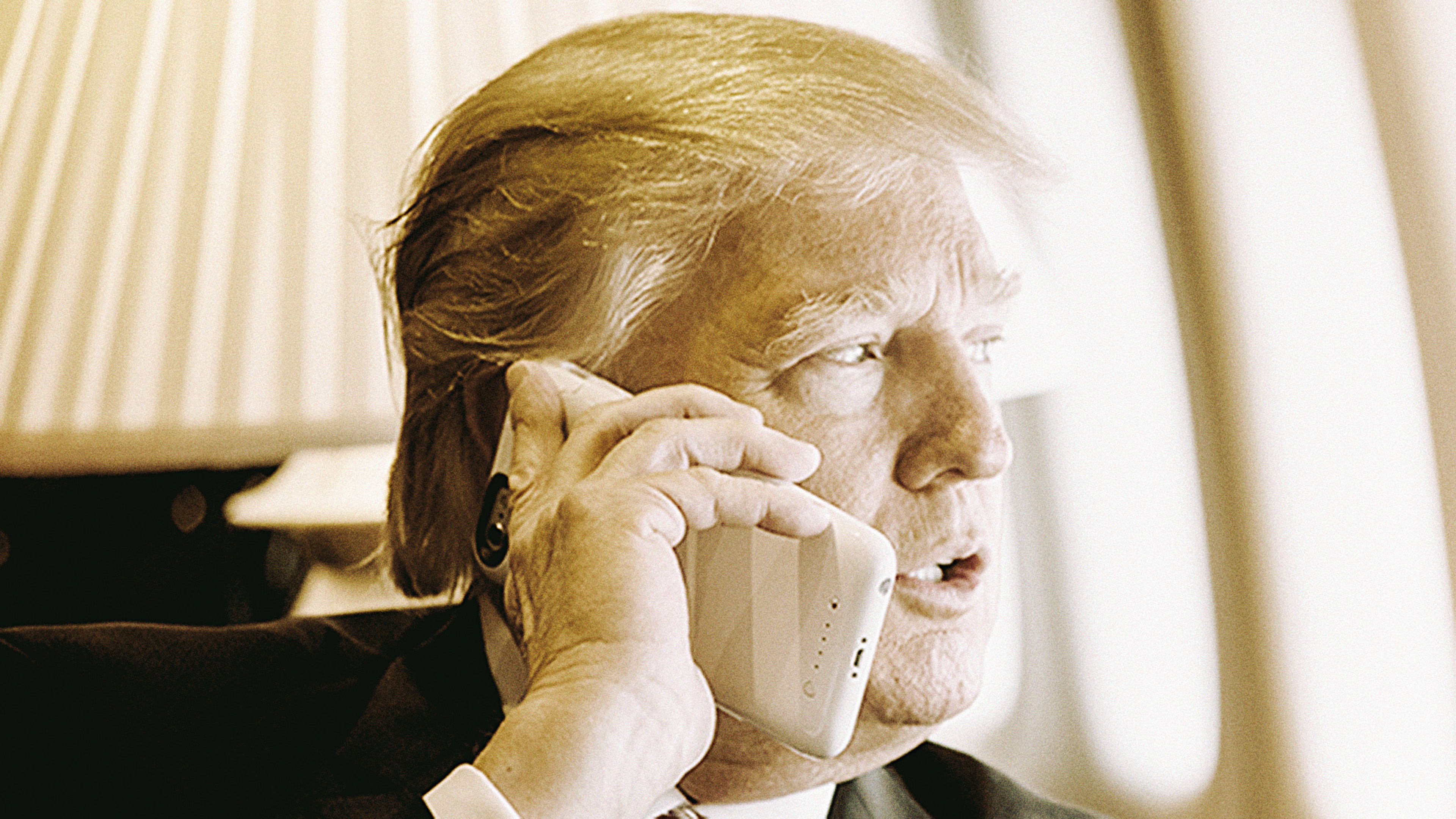They say if you want to understand politics, all you need to do is follow the money. That’s sometimes easier said than done in our post-Citizens United America, but at least one tributary of donor cash can be tracked through to a uniquely modern phenomenon: an ever-growing mass of political memes.
Memes—those sharable images laced with offbeat humor—are now poised to take on an even more prominent role in our political discourse due to the growing number of wealthy donors funding such viral social content, according to the New York Times. This shift toward ever more bite-size, simplified messages threatens to dumb down our elections. But how will platforms like Facebook and Twitter adapt to their expanding role as the battleground for political ideas—not to mention electoral outcomes?
The meme-ification of politics may be relatively young, but early evidence from last year’s U.S. election makes a solid case for its effectiveness. From the “dank memes” that helped boost Bernie Sanders’s unlikely grassroots campaign to the Pepe the Frog 4chan-inspired alt-right shitposting on behalf of making America great again, 2016 was the year memes truly took hold of U.S. politics. And obviously the Trump campaign’s (often unofficial) preference for organic, meme-based messaging over traditional television and radio advertising turned out to be a winning strategy.
Of course, memes alone did not decide the 2016 election. But together with our ever-hardening ideological social media bubbles, the viral spread of misinformation (or “fake news”), and partisan Twitter bots, the viral mechanics of social media certainly played a role in influencing perceptions and participation at the polls last year. Recognizing this trend, organizations like the Open Society Foundations and Civic Ventures are funneling money to popular left-wing meme pages that boast millions of followers apiece.
Biden: These memes are just an illusory escape from the public’s feelings of utter powerlessness and uncertainty right now
Obama: Joe… pic.twitter.com/ozIoctMfpg
— lord crunkington III (@postcrunk) November 14, 2016
Memes can make us laugh, scratch our heads, or validate our existing beliefs, but they’re not really the stuff of nuance or the sort of deeper, more analytical thinking that politics demands of an informed citizenry. And increasingly, Facebook is the modern newsstand. As it becomes saturated with memes and short videos about politics, what becomes of the longer, more in-depth reporting being done by journalists at the national level—not to mention the floundering local newspapers for whom there’s no BuzzFeed or Vice type of online outlet to swoop in and pick up the slack? Just as many have long bemoaned the outsize power of soundbite-based, concise negative TV ads, further boiling political discourse down into even more bite-size, simplistic messages on the internet threatens to dumb down politics even further.
The burgeoning industry of partisan news websites and Facebook pages (which often peddle memes, although not exclusively) is becoming an ever more potent and lucrative force in political media, as outlined recently by BuzzFeed. But far from elevating the tone of our national discourse, social media appears to be driving Americans further apart, with these Facebook pages working to “feed partisan fear and anger and richly reward that partisan fear and anger in the form of Facebook engagement and ad revenue.” Most of the top-performing Facebook posts from partisan outlets are photos and videos, according to BuzzFeed.
It’s natural to assume that Twitter and Facebook could tweak their algorithms and do something about the problem. But it’s a double-edged sword: Clamp down too strongly on what type of content can be shared on the platform and you’ll be accused of censorship, take a more permissive stance and all kinds of offensive and violent content will proliferate with the chance to do real harm.
I am so proud to be one of the Deplorables #Trump2016 pic.twitter.com/IFD1hfC60w
— Roger Stone (@RogerJStoneJr) September 10, 2016
Since the election, Facebook has had some success at stemming the tide of fake news, but less so when it comes to clickbait, which continues to dominate the lists of most-shared articles on the platform. (And it’s been trying to crack down on memes since at least 2013.)
Similarly viral, oversimplified outrage has unfolded countless times on Twitter, often in the form of harassment campaigns against women, minorities, and just about anybody with whom the mob disagrees. Twitter has spent its post-election months trying to fix its glaring harassment problem by cracking down on serial abusers and downplaying questionable tweets in search results and in people’s mentions.
That leads us to a bigger question: How will social platforms adapt to their role as the virtual newsstand for increasingly partisan, often less nuanced chunks of information? Facebook didn’t respond to a request for comment, but recent developments suggest that the social giant may be willing to respond if things get too counterproductive.
Its recent crackdowns on fake news and clickbait have frustrated some conservative partisan news publishers who BuzzFeed reports are “obsessed with Facebook’s algorithm changes and with avoiding getting caught up in the social network’s stepped-up initiative to reduce clickbait and misinformation.” Last summer, Facebook did take some measures to dial down the prevalence of meme pages specifically, sparking calls for a revolt by so-called memelords. Indeed, political donors now pouring cash behind social news and meme creation run the risk of coming up short on their investment with a simple tweak of an algorithm.
For the rest of us, the consequences of this ever-shifting social media information ecosystem have yet to be determined. Perhaps we’re headed somewhere better in the long run, but it is hard to imagine much good springing up from the intersection of money, outrage, and snackable media. Although, if things get too out of hand, perhaps President Zuckerberg will have some fresh ideas.
Recognize your brand’s excellence by applying to this year’s Brands That Matter Awards before the early-rate deadline, May 3.
